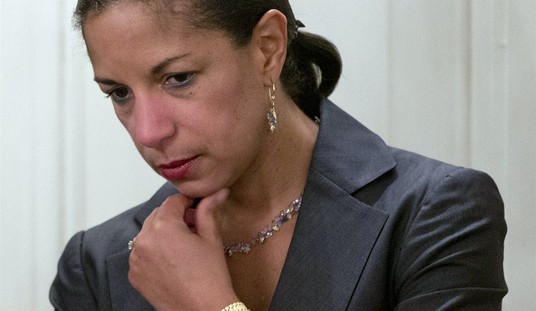As midterm results are poised to begin rolling in, The Atlantic published a piece that lets the “party of science” off the hook should they fail to take the seats needed to flip the Senate (which is probable) and the House (which is possible): it’s the weather’s fault.
Rainy weather across much of the eastern U.S. may lead to a more conservative-friendly outcome for the midterms, boosting G.O.P. vote totals and making Democrats more timid even when they do win, @yayitsrob writes. https://t.co/dQgZuPR926
— The Atlantic (@TheAtlantic) November 6, 2018
From the piece:
For years, political scientists have argued that Republicans do better on rainy days from lower turnout alone. A famous 2007 paper found that every additional inch of rain that fell on Election Day decreased overall turnout by 1 percent. The effect can be profound: Had the mid-Atlantic states seen rainy weather on November 8, 1960, historians would speak of Richard Nixon’s famous victory over John F. Kennedy, the study’s authors argued. Likewise, a dry day in Florida may have let Al Gore win the state on November 7, 2000, handing Democrats a third term in the White House and possibly averting the Iraq War.
Ok, I suppose if the data shows that low turnout benefits the GOP, and rainy weather tends to depress turnout, I can buy the argument that Republicans might do better in the rainy weather hitting the eastern seaboard (home to some contentious and tight governor’s races in the South).
But The Atlantic is not content to stop there. They also promote an academic study that suggests that “rain doesn’t just decrease turnout but can actually change people’s voting decisions.”
“When weather is bad, people’s mood is affected. Then people become more risk-averse, and in the area of political elections, risk-averse people are more likely to choose Republicans,” says Yusaku Horiuchi, a professor of government at Dartmouth College whose research helped establish the new theory.
New is right. This theory was published in December of last year. So (and admittedly I haven’t read the paper) the dataset may not be very large or related specifically to the problem at hand. Even the authors themselves acknowledge in the abstract that they “provide a possible interpretation” of why it appears Republicans do better in the rain.
Interpretation shouldn’t be construed as fact. And anyway, exit polls are indicating that more minorities voted in some places than ever before (which matters because Democrats are assumed to own the minority vote).
NEW: Nonwhite voters account for 34% of voters in Florida, including 15% Hispanics and 13% African-Americans, per preliminary exit poll results.
That’s a new high for midterm elections in the state, albeit short of its 2016 record of 38%. https://t.co/CMwXuk78Dp #Midterm2018
— This Week (@ThisWeekABC) November 7, 2018
So what does this all mean? To their credit, The Atlantic piece reminds readers in the last paragraph that there was really nice weather over much of the country on a November Tuesday back in 2016. So mostly this just sounds like a pre-excuse should Democrats not fare very well in this midterm. Important because they would do well to start examining their tendency to use divisive rhetoric and offer terrible policy ideas rather than blaming their (potential) losses on the weather.












Join the conversation as a VIP Member